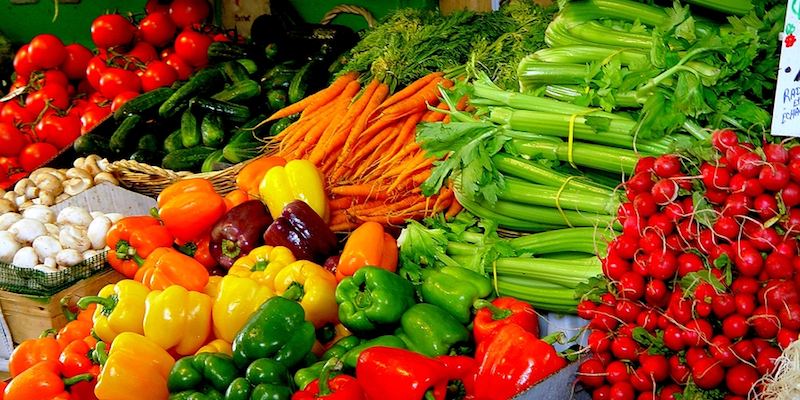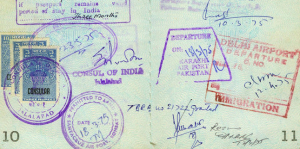You might think that since we’ve come such a long way with processing food consistently and keeping hunger away that the things we eat are completely reliable. The problem with our expanding population is that food needs to be processed on a much larger scale, making it difficult to carefully monitor everything that is shipped out to our food markets. A consequence of this that is happening with shocking frequency is the contamination of particular foods shipped out to the masses.
What is Food Contamination?
Food becomes contaminated when it is exposed to some form of harmful substance like microorganisms or chemicals. This eventually leads to people getting sick, contracting disease, or in serious cases dying. It is most common in large factories meaning that the contaminated product is sent to a frightening amount of people.
Recent Serious Outbreaks
One of the scariest things about food contamination is that despite our efforts to protect our food with laws, the problem persists and grows. Here we will look at some of the most serious food contamination incidents in the last decade.
2006 Spinach Outbreak – In September of 2006, North Americans experienced an E. coli outbreak that made over 270 people sick and caused at least 3 deaths. The issue was traced back to a batch of tainted spinach from the Dole Foods Company.
2008 Salmonellosis Outbreak – Back in 2008 North Americans experienced their largest food recall after the Peanut Corporation of America released tainted batches of peanut butter. Around 200 people were affected by it and at least nine died.
2011 E. Coli Outbreak – This outbreak rocked the European area, mostly Germany, back in 2011. Fenugreek Sprouts was announced responsible for the huge slip up which infected almost 4000 people and killed over 50.
2014 Elementary Food Poisoning – This wide scale food contamination happened just recently in a Japanese elementary school. There were over 900 children who had to skip school due to a serious illness. Further investigation suggests that the lunch served to the kids was responsible for the contagious virus.
What Can You Do About It?
Since a lot of the contamination results from poorly cooked/unwashed food or production mistakes, there isn’t much you can do to prevent the foods from being contaminated. First off, if you have a young child with you while shopping for food, keep their hands away from any produce or uncooked meats. Also, when your food is being bagged you should try and keep meat and fish away from other things like produce. Keep the foods that you have to cook away from the ones that you eat raw.
When you bring your groceries back home, packing them away sooner rather than can help prevent cross contamination. Keep meats with a lot of juice in drip-proof containers and store them at the appropriate temperature. When preparing your food, ALWAYS wash your hands thoroughly before and after. Clean utensils with hot soapy water and invest in anti bacterial cleansers.
As for the more serious instances of contamination, you should just stay mindful of the media. Sadly if you buy a batch of tainted spinach or peanut butter, there are very few ways to tell that its bad, until you get sick. If there is a recall on a certain product, dispose of all of it regardless of when you bought it and wait until the news confirms it is safe for consumption again.
Following these few simple steps to start with can go a long way to living a happier, healthier life.
Have you ever gotten food poisoning? Do you have any tricks to avoid it? Let us know with a comment below!
Image Credits: MetlaPlastic/BigStock







